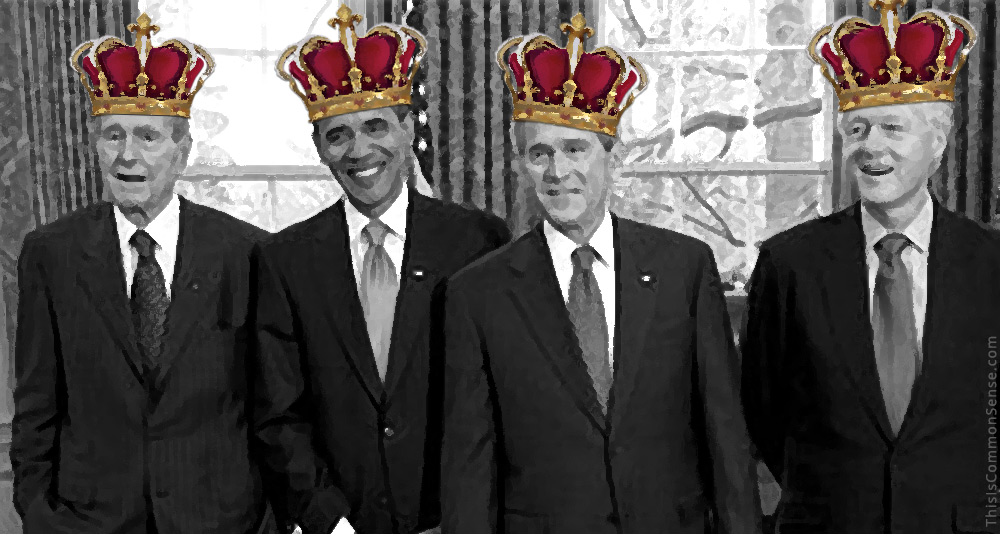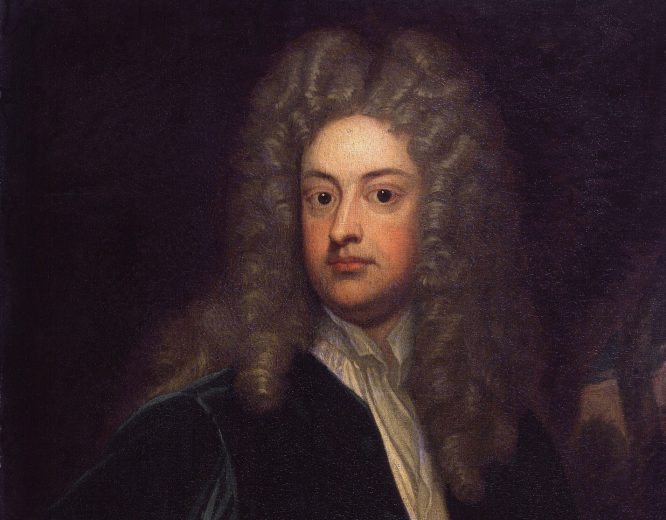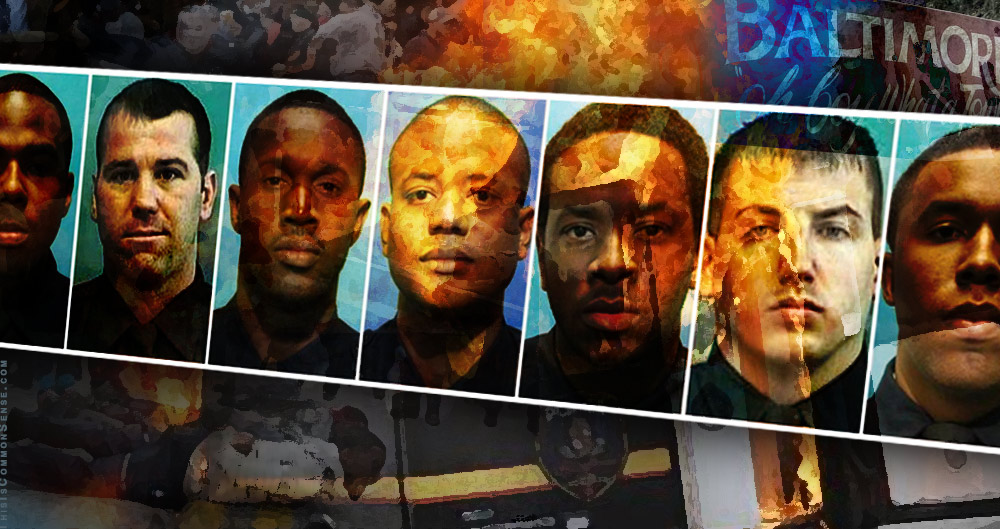“There is one law for man,” goes an ancient saying, “another for cattle.”
Moo.
Glenn Reynolds, writing in USA Today, sees this principle in operation now, where the ruling class gets away with a whole heckuva lot while the rest of us do not: “Freedom from consequences: It’s the defining consequence of our modern titles of nobility.”
Reynolds cites Charles W. Cooke for the “titles of nobility” angle. Cooke, who hails from Britain but was recently inducted into American citizenship, has objected to the “grotesque’ American tradition of continuing to use a person’s former title in government service long after the officeholder has left the post.
“Throughout the 2012 election, Mitt Romney was referred to as ‘Governor Romney,’ though he had not been in public office for six years,” Cooke wrote. “One can only ask, ‘Why?’ America being a nation of laws and not men, political power is not held in perpetuity, and there is supposed to be no permanent political class.”
“Americans do not have rulers, they have employees,” Cooke asserted.
If you are like me, you have probably made this point umpteen times in the last few decades.
Reynolds goes on to make the obvious corollary: our public servants do not behave like our “employees.” They behave like our rulers.
Their class privilege is now deep into our law — even if some doctrines, like absolute immunity, were just invented by judges to protect prosecutors and … judges.
Maybe the first step to upend this would be to balk at ceremony. Our exes Jimmy Carter, the two George Bushes, Bill Clinton and Barack Obama should not be addressed as “President X.”
“Mister” will do.
This is Common Sense. I’m Paul Jacob.








